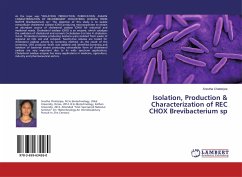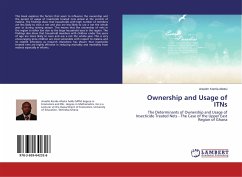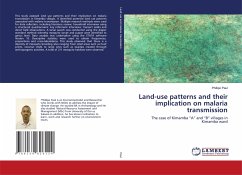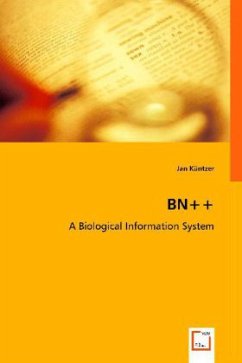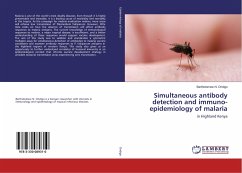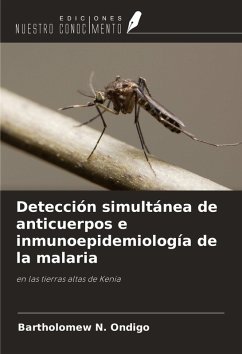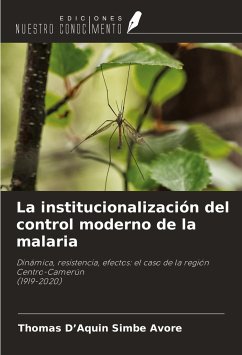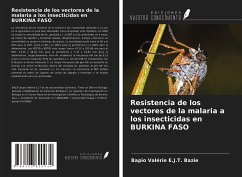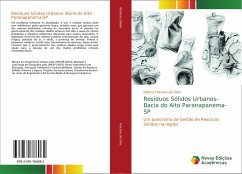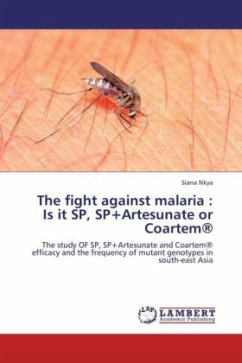
The fight against malaria : Is it SP, SP+Artesunate or Coartem®
The study OF SP, SP+Artesunate and Coartem® efficacy and the frequency of mutant genotypes in south-east Asia
Versandkostenfrei!
Versandfertig in 6-10 Tagen
25,99 €
inkl. MwSt.

PAYBACK Punkte
13 °P sammeln!
In establishing the efficacy of an antimalarial drug, discriminating recurrent infections caused by the same parasites (recrudescent) present before the onset of treatment from new infections is important. This is to avoid overestimation of treatment failures, which may lead to inaccurate efficacy evaluation. Three years after its launch in Tanzania (2001), Sulphadoxine-Pyrimethamine (SP) started to show low efficacy due to high frequencies of recurrent malaria episodes caused by recrudescent parasites. It was time for Tanzania to consider newer combination therapies such as SP+ Artesunate and...
In establishing the efficacy of an antimalarial drug, discriminating recurrent infections caused by the same parasites (recrudescent) present before the onset of treatment from new infections is important. This is to avoid overestimation of treatment failures, which may lead to inaccurate efficacy evaluation. Three years after its launch in Tanzania (2001), Sulphadoxine-Pyrimethamine (SP) started to show low efficacy due to high frequencies of recurrent malaria episodes caused by recrudescent parasites. It was time for Tanzania to consider newer combination therapies such as SP+ Artesunate and Coartem®. In contrast, the fight against malaria is compromised by the development and spread of P. falciparum resistance to the affordable, commonly used antimalarial drugs such as chloroquine (CQ) and SP. In 2004 high prevalence of SP molecular markers of resistance were reported reflecting resistance to SP. Tanzania had to switch from SP to Coartem. This book describes how recrudescent parasites were differentiated from the new ones. Findings on the frequency of the molecular markers of SP resistance and on the presence of tolerant parasites against Coartem are presented.



